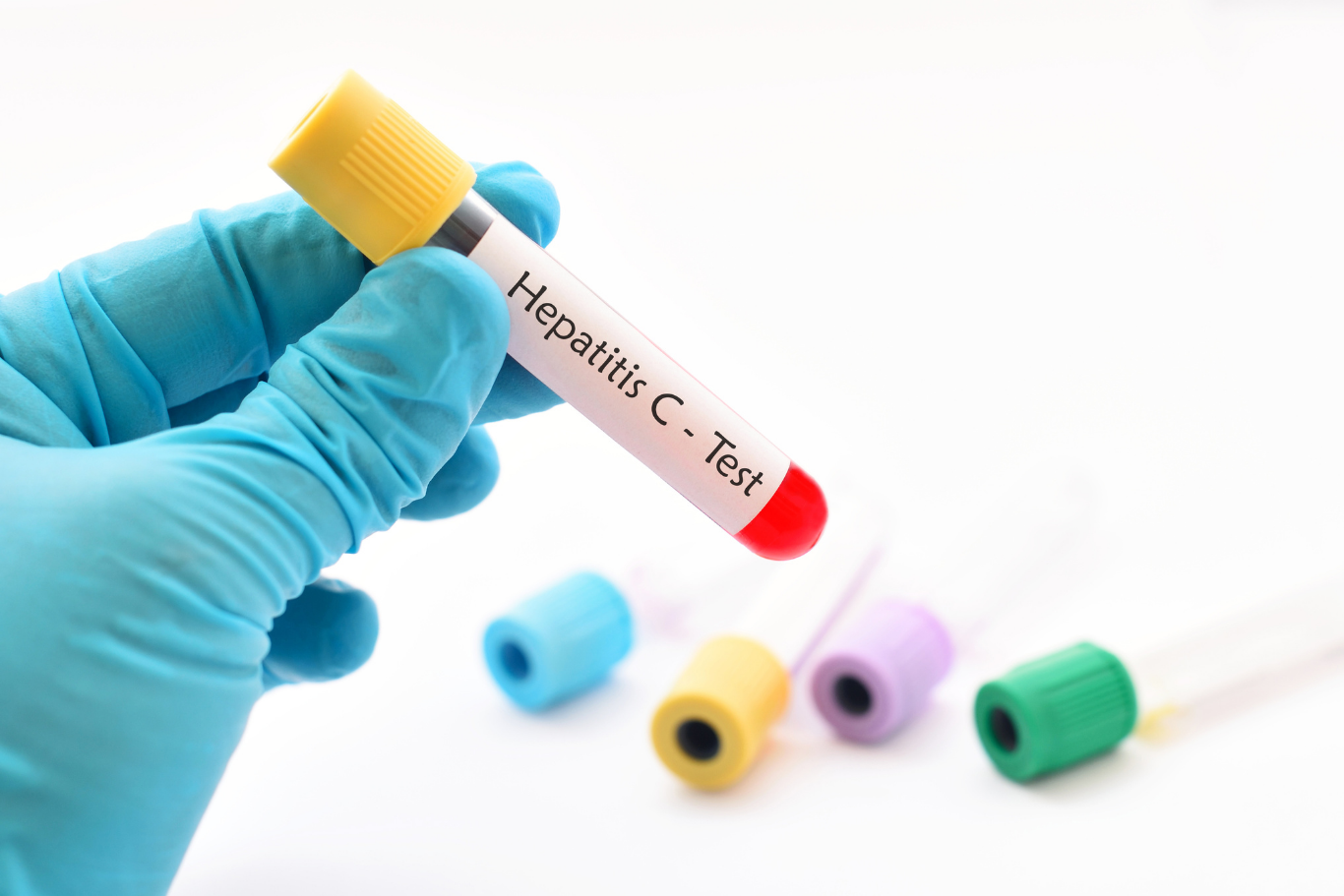
HEP C – Treatments to Cure a Once Fatal Disease Now More Accessible
May is Hepatitis Awareness Month and May 19 is Hepatitis Testing Day. It’s a month to raise awareness about hepatitis and encourage people to get tested with their local provider to learn their status.
“Millions of Americans have chronic viral hepatitis; most of them do not know they have it.” – HHS.gov.
Hepatitis C is a viral infection that affects the liver. It is passed from person to person through the blood, most often by sharing dirty needles, though it is also possible to spread the disease through sex.
One group particularly vulnerable to Hep C are IV drug users. One of the complicating factors is that many people carrying Hep C can be asymptomatic for a very long time. They don’t know they have Hep C until they get tested, and this can cause Hep C to spread in the community through needle sharing.
“The liver is a very resilient organ, it can regenerate and compensate for a lot of damage, but the longer it’s infected with Hep C, the more susceptible it becomes to scarring and cirrhosis. This scarring increases your risk of liver failure and liver cancer. Over a long enough period of time, it is a fatal disease. Only 10 years ago it was considered incurable. But one of the most exciting developments during my career in health care is that we can now cure what was once a fatal and chronic disease. It is no longer just a disease you can live with, but it is the ability to cure that is so powerful and life changing,” describes Tess Barbach, Family Nurse Practitioner.
At Ritter Center, our course of treatment involves antiviral oral medications over an 8 or 12 week period. These treatments cause minimal side effects if any. The most common side effects include headaches, tiredness, or nausea and patients very rarely find the side effects bothersome enough to stop their treatment. Most importantly, these medications are almost 100% effective if you take them the way they are prescribed.
This is very different from the old treatments for Hep C, which were much less effective and often caused debilitating side effects. A major part of our work around Hep C is increasing awareness that the treatment options we have today are very different than what people may have in mind when they think about friends who have gone through treatment longer than a few years ago.
“One obstacle for our patient population is that a lot of our patients don’t have access to the clinic because of transportation issues. Or they may struggle with mental illness or substance use. Although the treatment may be only one pill a day, this still requires a fair amount of organization to take advantage of it. There are visits to the clinic, lab tests and pharmacy calls to make. That’s a lot for anyone to handle, but it is particularly overwhelming if you are living on the street. At Ritter, we can build on the trust that we have established with our patients for food and case management. If Ritter is already woven into their daily routine, we can see them to treat Hep C when they show up on our campus for another reason. I’ll hear their voice outside and then I’ll check in with them and sometimes we can call the pharmacy together,” explains Tess.
“At Ritter, we do whatever it takes to support humans. That’s our model. Our case management supports our patients in being successful with their Hep C treatment in this way. We start with a small group of people and usher them through the entire treatment process. We have treated over 25 people in the last couple of years. They wouldn’t necessarily have been successful in other settings given the unique challenges they face.”
We are currently building a new mobile medical van (launching in June). This will have a profound impact on this project because it directly addresses the barrier of getting to Ritter Center. With the mobile medical van, we can come to our patients to screen for and cure Hep C. This might involve routine screenings like the rapid finger stick test which takes only 10 minutes. We can also employ the use of tools like small gift cards for necessities or phones for basic communication to Ritter and the pharmacy to incentivize participation in the Hep C program. This can help to overcome issues around starting treatment or completing the program.
With all of these developments, this is an excellent time for Ritter Center to increase its impact even further. We have the opportunity to cure Hep C by raising awareness, increasing access to treatment, and getting more people on the path to better health.
Read more about Hepatitis Awareness Month at HHS.gov’s website and Hepatitis Testing Day on May 19 here.




